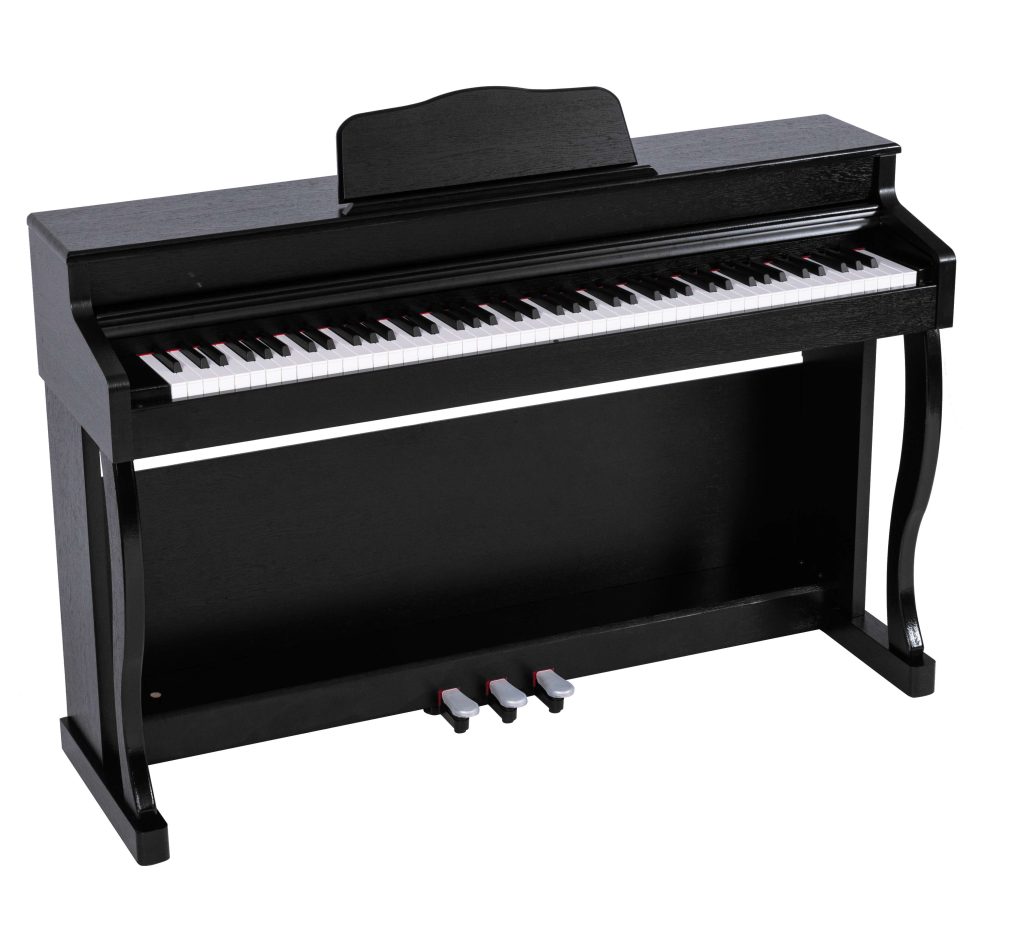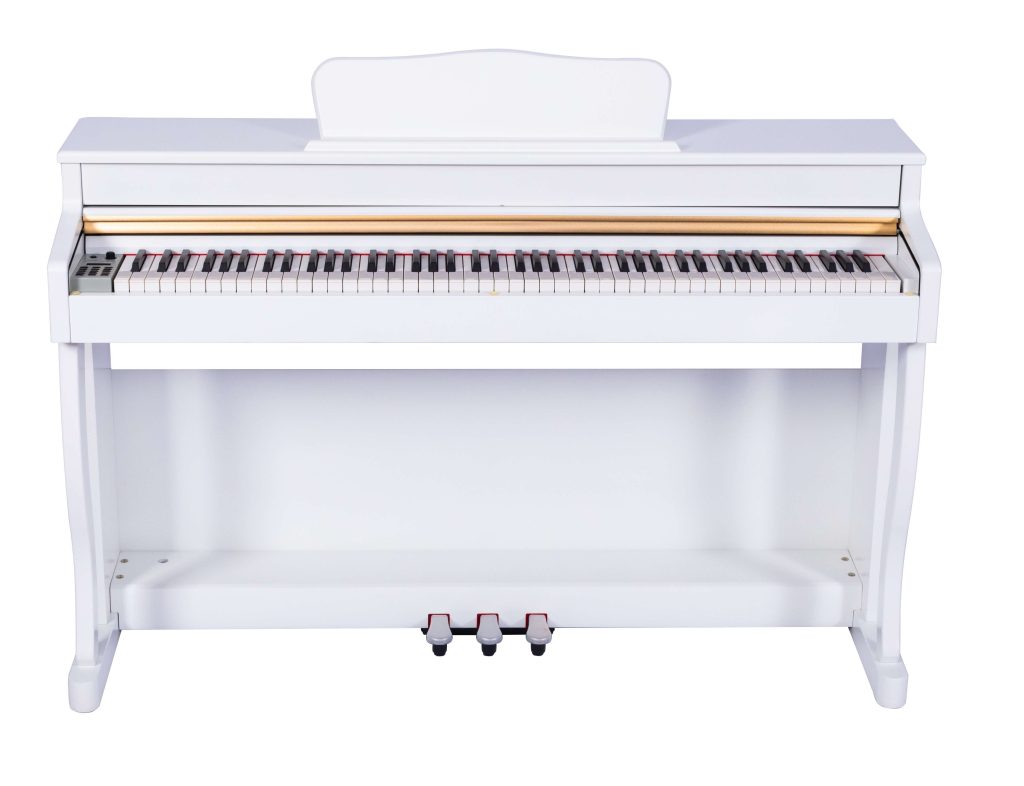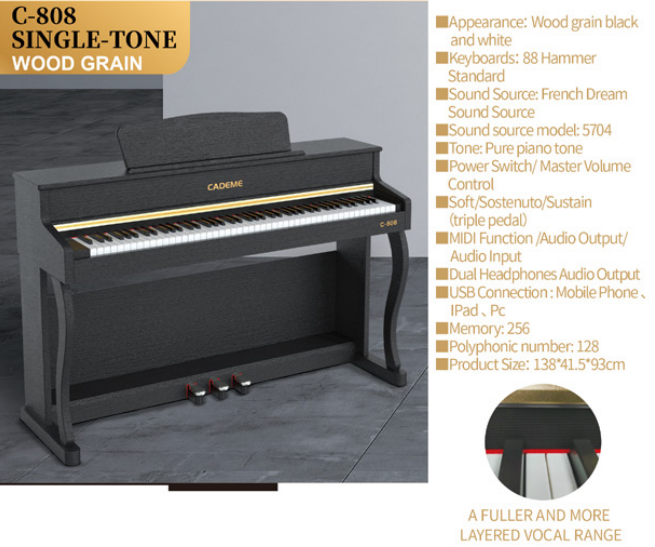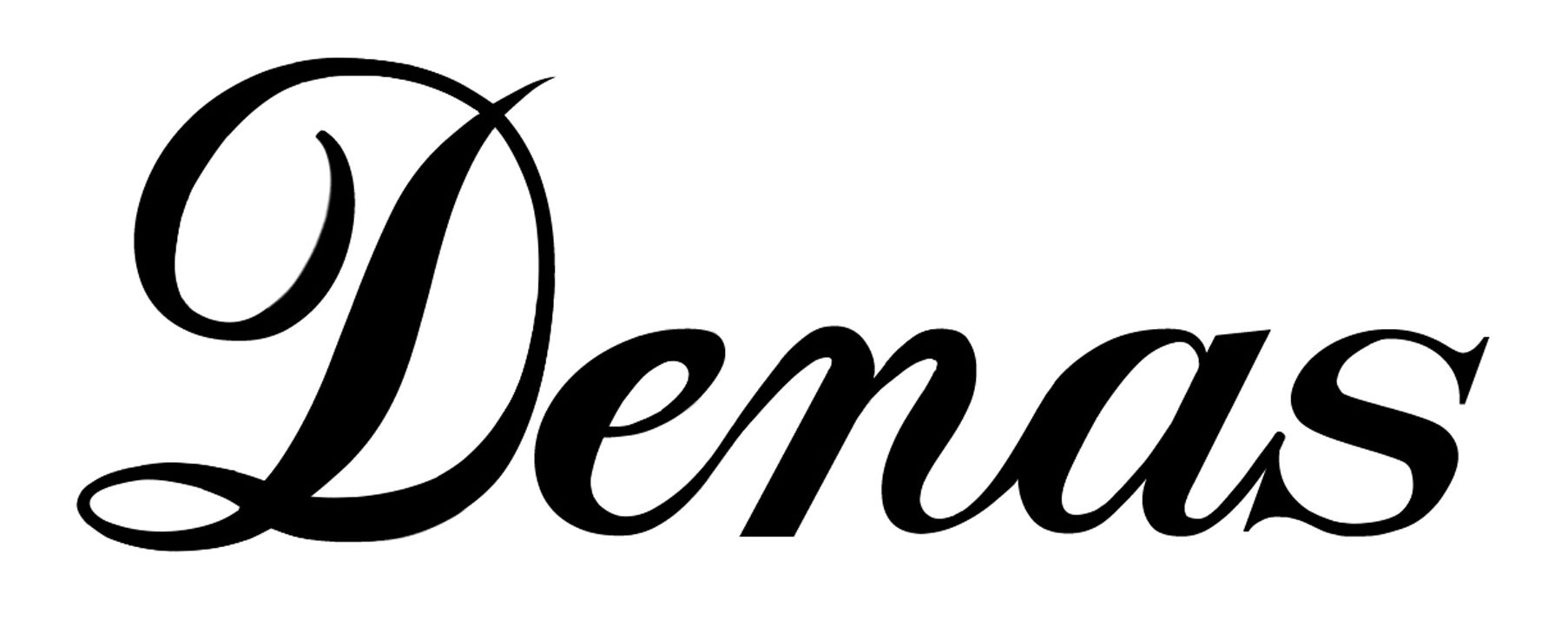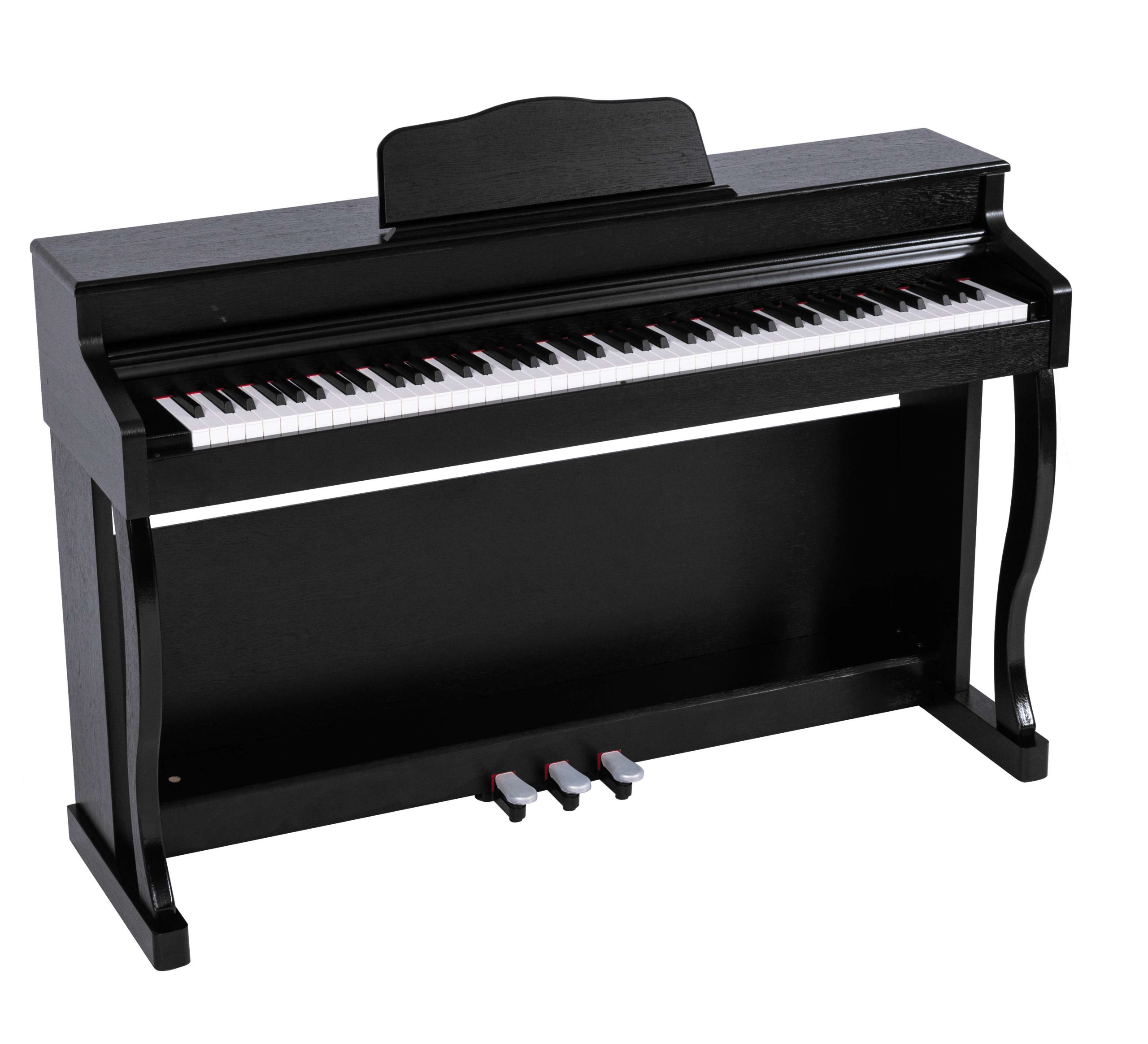For aspiring musicians taking their first steps into the world of piano, the electric piano has emerged as a game-changer. Combining affordability, versatility, and user-friendly features, it addresses the unique needs of beginners while lowering barriers to entry. Here’s why electric pianos are the perfect match for those starting their musical journey.
1. Affordability: A Budget-Friendly Gateway to Music
Traditional acoustic pianos often come with a steep price tag, making them inaccessible for many beginners. Electric pianos, however, offer a cost-effective alternative:
- Lower upfront cost: Entry-level models start at around 300–300–500, a fraction of the price of even used acoustic pianos.
- No hidden expenses: Unlike acoustic pianos, electric pianos require no tuning, humidity control, or frequent maintenance.
This affordability allows beginners to invest in quality instruments without financial strain, freeing resources for lessons, sheet music, or accessories.
2. Silent Practice: Respecting Space and Relationships
One of the most underrated advantages for beginners is the headphone compatibility of electric pianos:
- Privacy for learners: Beginners often feel self-conscious about mistakes. Headphones enable them to practice freely without fear of judgment.
- Household harmony: Late-night or apartment practice won’t disturb family members or neighbors, fostering a stress-free learning environment.
- Focus enhancement: Eliminating external noise helps learners concentrate on rhythm, dynamics, and technique.
3. Beginner-Centric Features
Modern electric pianos are designed with learning curves in mind:
- Built-in lessons and metronomes: Many models include guided tutorials, light-up keys, or app connectivity (e.g., Simply Piano integration) to structure practice sessions.
- Adjustable touch sensitivity: Keys can be calibrated to mimic the weight of acoustic pianos, building finger strength gradually.
- Multiple voices and rhythms: Experimenting with organ, strings, or drum tracks keeps practice engaging and sparks creativity.
4. Space Efficiency and Portability
- Compact designs: Electric pianos like the Yamaha P-45 or Roland FP-10 are slim and lightweight, fitting easily into small spaces—ideal for dorm rooms or apartments.
- Easy relocation: Most electric models can be disassembled or folded for transport, perfect for students or renters.
5. Progress Tracking and Motivation
- Recording function: Beginners can record their performances to track improvements over time, a feature rarely found in entry-level acoustic pianos.
- Gamified learning: Apps with electric pianos, turning scales and exercises into interactive challenges.
6. Smooth Transition to Acoustic Pianos
Critics often argue that electric pianos lack the “authenticity” of acoustic ones, but modern technology bridges this gap:
- Weighted hammer-action keys: High-end models replicate the tactile feedback of grand pianos, ensuring skills transfer seamlessly.
- Sound authenticity: Sampled tones from concert grands provide realistic auditory training.
Expert Endorsements
Music educators widely recommend electric pianos for beginners:
- Dr. Emily Carter, a piano pedagogy specialist, notes: “A quality electric piano removes logistical hurdles, allowing students to focus on foundational skills.”
- A 2022 Music Teachers National Association survey found that 68% of instructors approve of electric pianos for early-stage learners.
Empowering the Next Generation of Pianists
Electric pianos democratize music education by addressing the practical and psychological challenges faced by beginners. They provide a judgment-free zone to experiment, fail, and grow—all while keeping costs and disruptions minimal. For anyone hesitating to start their piano journey due to budget, space, or noise concerns, the electric piano isn’t just an alternative; it’s a smart, modern solution.
